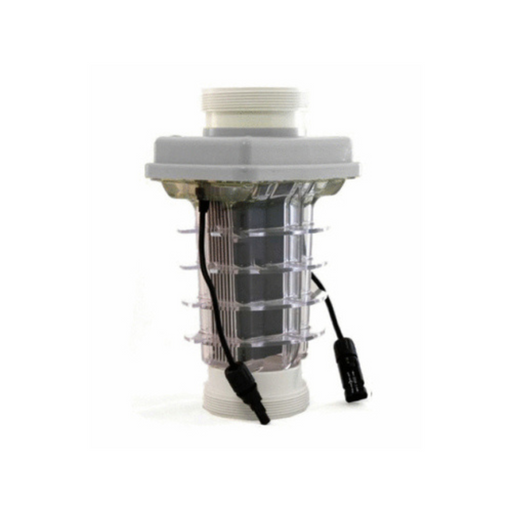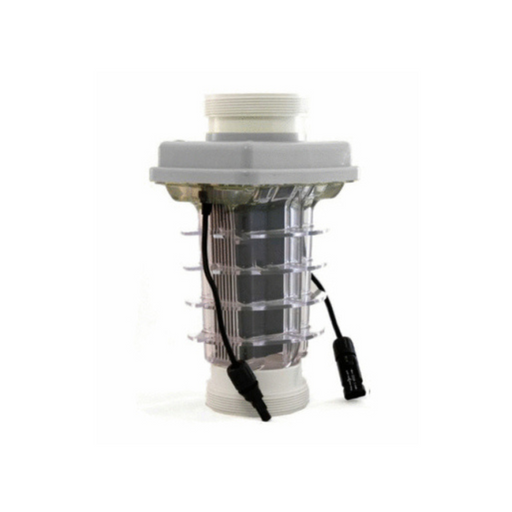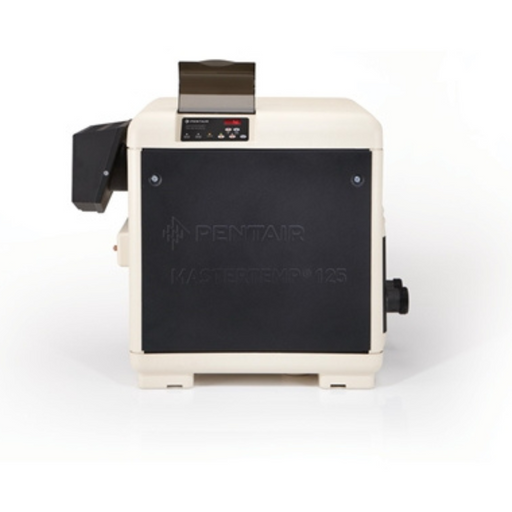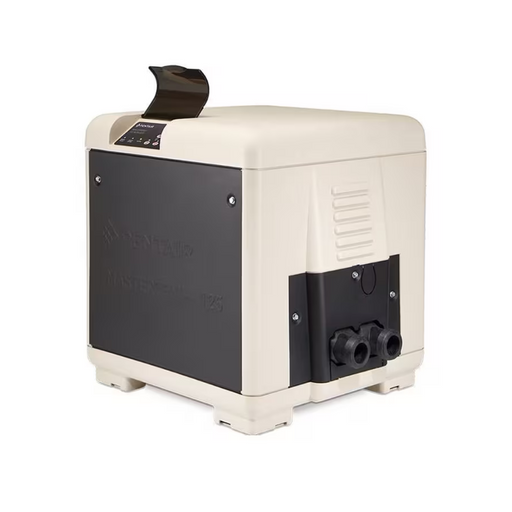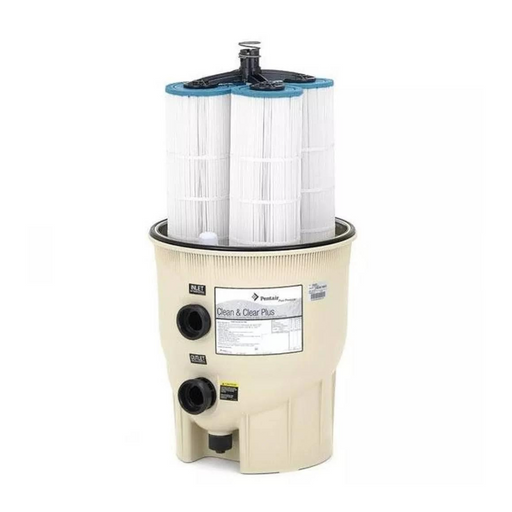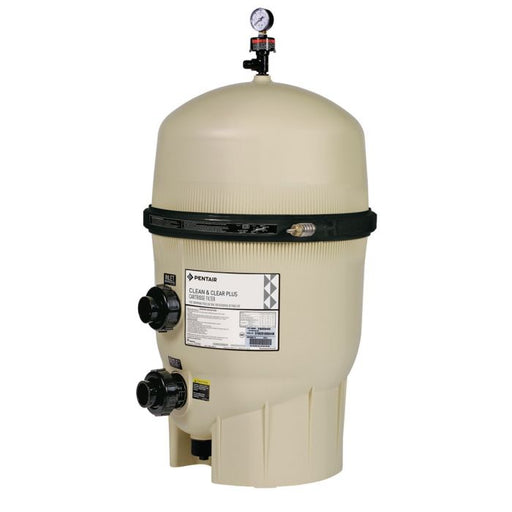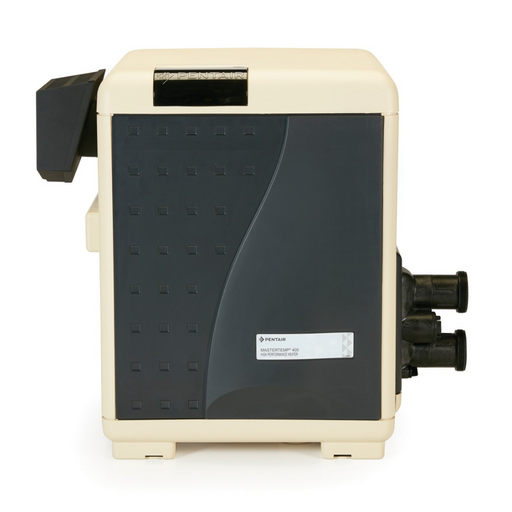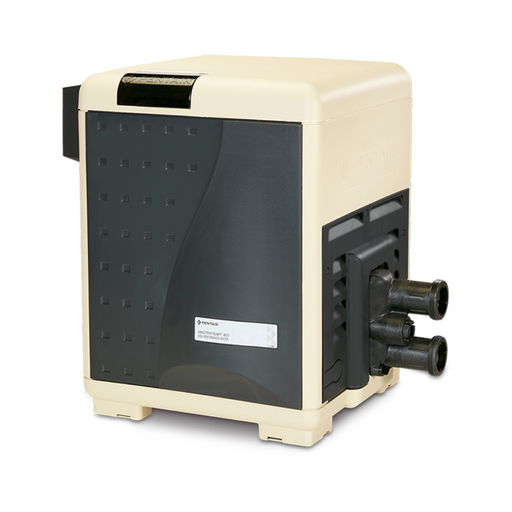Call or Text 303-736-9856
Best Sellers
PureChlor CLG125A-010 Replacement Cell for 25K gal Salt Chlorine Generator CLG125A
Brand: PureChlor/Solaxx Replacement Service Cell Weight: 4 pounds For Use With: Purechlor CLG125A 25,000 gal Salt Chlorine Generator UPC Code: 00...
View full detailsPureChlor CLG140A-010 Replacement Cell for 40K gal Salt Chlorine Generator CLG140A
PureChlor CLG140A-010 Replacement Service Cell for PureChlor CLG140A Salt Chlorine Generator 40,000 gal. (*sold separately). Specifications: Using...
View full detailsPentair MasterTemp 125 High Performance Heater 125K BTU
THE HIGH-EFFICIENCY, HIGH-TECH HEATER FOR POOLS UP TO 15,000 GALLONS. The MasterTemp 125 Heater provides energy-saving and advanced operating featu...
View full detailsPentair 160301 Clean & Clear Plus Multi Cartridge Filter 420 Sq Ft CCP420 EC-160301
FOUR HARD-WORKING CARTRIDGES KEEP POOL WATER CLEAR. Clean & Clear Plus Filters have a corrosion-resistant injection molded filter tank featurin...
View full detailsPentair MasterTemp High Performance Heater 175K-400K BTU
HEAT YOUR POOL SMARTER Save money and energy with the MasterTemp High-Performance Heater. Already known as being dependable and efficient, MasterTe...
View full detailsCommercial Pool Heaters & Heat Pumps
Choosing a commercial pool heater or heat pump involves considering several important features to ensure that the system meets the specific requirements of your facility. Here are key features to consider:
-
Heating Capacity:
- Ensure the heater or heat pump has the capacity to meet the size of your pool. The heating capacity is typically measured in BTUs (British Thermal Units) or kilowatts.
-
Energy Efficiency:
- Look for a unit with high energy efficiency to reduce operating costs. COP (Coefficient of Performance) is a common measure for heat pumps, while gas heaters may have an AFUE (Annual Fuel Utilization Efficiency) rating.
-
Type of Heater:
- Choose between gas heaters, electric resistance heaters, or heat pumps. Each type has its own advantages and disadvantages in terms of initial cost, operating cost, and environmental impact.
-
Environmental Impact:
- Consider the environmental impact of the heater. Heat pumps are generally more environmentally friendly than gas heaters, as they transfer heat rather than burn fuel.
-
Installation and Maintenance:
- Evaluate the ease of installation and maintenance requirements. Some systems may require professional installation, while others are more straightforward.
-
Temperature Control and Automation:
- Opt for a system with precise temperature control and the ability to automate heating schedules. This can help optimize energy usage and keep the pool at a consistent temperature.
-
Durability and Longevity:
- Choose a heater or heat pump with a reputation for durability and longevity. Consider the quality of materials used and check for warranty information.
-
Compatibility with Pool System:
- Ensure that the heater integrates seamlessly with your existing pool system, including compatibility with circulation pumps, filters, and automation systems.
-
Noise Level:
- Consider the noise level of the unit, especially if the pool is located near residential or quiet areas. Heat pumps are generally quieter than some gas heaters.
-
Weather Resistance:
- If the pool heater or heat pump will be exposed to the elements, ensure it is designed to withstand weather conditions. Look for units with corrosion-resistant materials.
-
Local Regulations and Codes:
- Check local regulations and codes to ensure that the chosen heater or heat pump complies with safety and environmental standards in your area.
-
Cost Considerations:
- Evaluate the initial cost, installation costs, and ongoing operating costs. Consider the return on investment over the lifespan of the system.
-
Brand Reputation:
- Choose a reputable and established manufacturer with a history of producing reliable and efficient pool heaters or heat pumps. Read customer reviews and seek recommendations.
By carefully considering these features, you can select a commercial pool heater or heat pump that best meets the needs of your facility in terms of performance, efficiency, and longevity.


